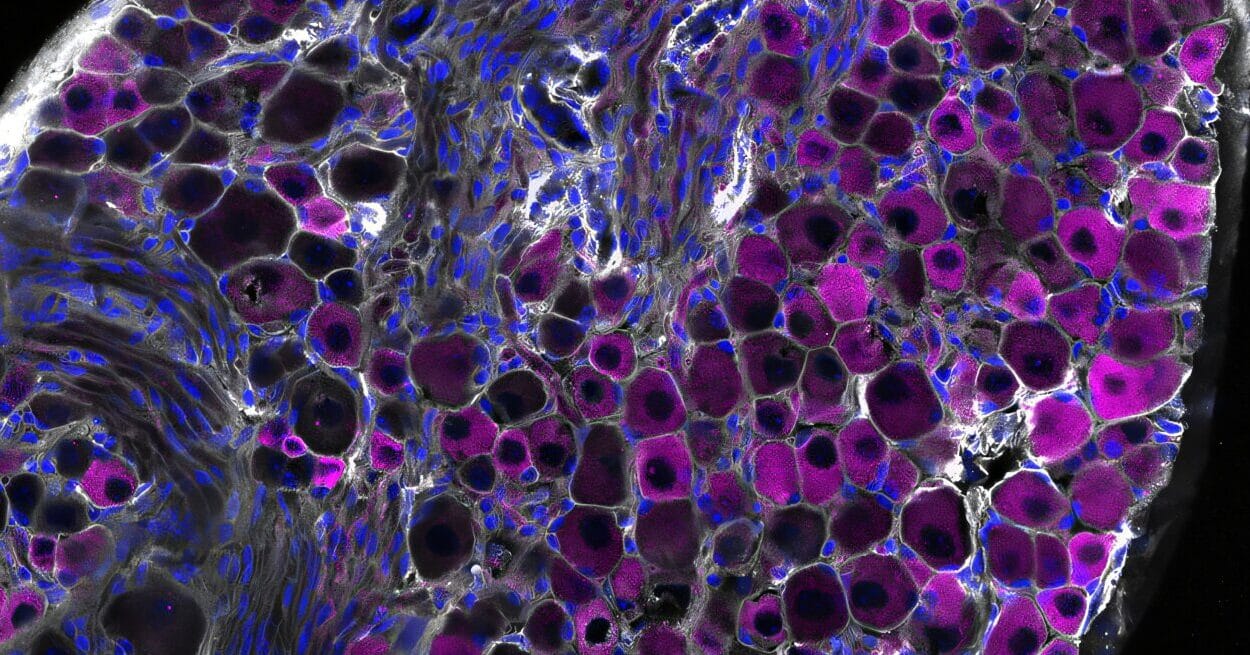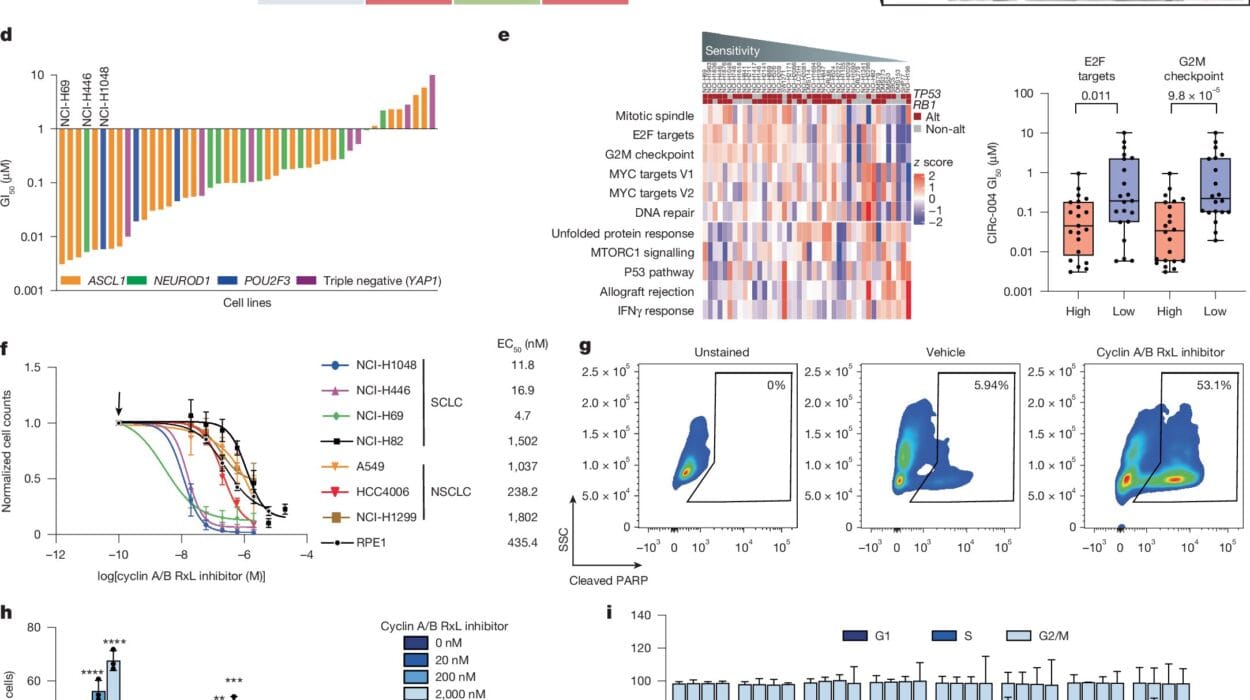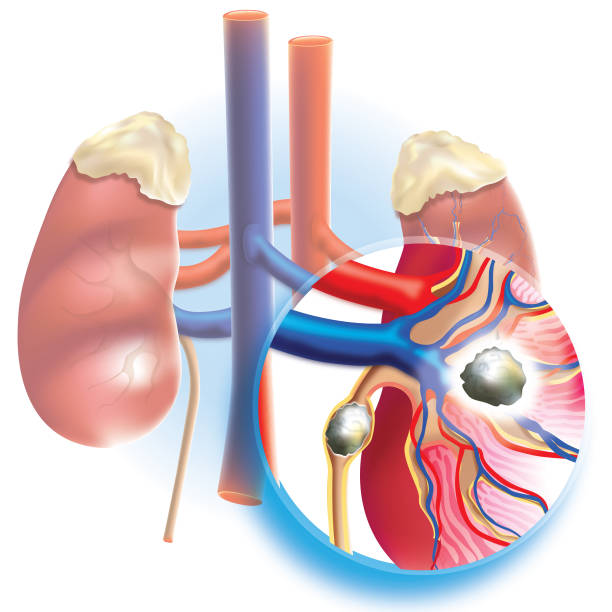Childhood is supposed to be a time of innocence—a landscape filled with laughter, love, and security. But for many, this landscape is darkened by emotional wounds that leave no physical scars. Unlike bruises or broken bones, emotional abuse and neglect often remain hidden, whispered into the background of a child’s life. Yet, they may echo loudly in the most unexpected of places: the unconscious world of dreams.
A new study published in the journal Dreaming reveals a compelling connection between childhood emotional maltreatment and the frequency of disturbed dreams—nightmares and bad dreams—in young Chinese adults. The research not only highlights the profound psychological aftershocks of emotional trauma but also uncovers how internal thought patterns and external social support shape the dreaming mind.
When Love Hurts Without Touch
Emotional abuse and neglect are often misunderstood or minimized because they don’t leave visible signs. But their impact runs deep. Emotional abuse includes verbal attacks, belittling, humiliation, and persistent criticism. It often comes from those meant to provide care—parents, caregivers, or teachers—and can distort a child’s self-image and emotional resilience.
Neglect, its quieter counterpart, involves emotional absence: the lack of warmth, attention, affection, or affirmation. Children growing up in emotionally neglectful homes may not hear insults, but they feel an equally profound emptiness—the ache of being unseen, unheard, and emotionally alone.
Both forms of maltreatment can disrupt healthy brain development and set the stage for long-term mental health struggles, including anxiety, depression, attachment difficulties, and poor emotional regulation. And as this new study shows, the effects may even ripple into the unconscious, emerging in the shadows of sleep.
Dreams as the Mind’s Mirror
The research, led by Bingbing Lin and colleagues, involved 847 college students aged 17 to 22 from universities in China’s Fujian and Guangdong provinces. Using standardized psychological tools, the team explored three key elements: the participants’ experiences of childhood emotional abuse and neglect, their tendency to ruminate (repetitively think about distressing events), and their perceived level of social support.
Crucially, the study also asked participants about their dreaming habits, especially the frequency of disturbed dreams—defined as emotionally negative dreams that include both nightmares (which wake the sleeper) and bad dreams (which do not cause awakening but still produce emotional distress).
The findings were striking. Nearly three-quarters of participants reported experiencing at least some disturbed dreaming. Those with more severe histories of emotional abuse or neglect were more likely to report frequent nightmares and bad dreams. But the story didn’t end there.
Rumination: The Mental Echo Chamber
A key insight from the study was the role of rumination—a mental process where individuals repeatedly focus on negative thoughts, often without resolution. Rumination has long been linked to poor sleep quality and mood disorders, but this research positioned it as a bridge between emotional maltreatment and disturbed dreaming.
Participants who had endured greater emotional abuse or neglect in childhood tended to engage more heavily in rumination. In turn, this tendency was linked to more frequent negative dreams. It’s as if unprocessed emotional wounds kept spinning in the mind’s background music, finding expression not during waking hours but in dreams.
This mediating effect suggests that childhood trauma doesn’t directly lead to nightmares—it leads to thought patterns that keep the trauma alive, which then shape the emotional tone of dreams.
The Healing Power of Connection
But there’s hope in this psychological labyrinth. The researchers also explored whether perceived social support—the feeling of being emotionally supported by others—might weaken the link between rumination and disturbed dreaming. The answer was a resounding yes.
Among individuals with high levels of social support, the connection between rumination and bad dreams was significantly weaker. In contrast, those with low perceived support showed a much stronger link. Social support appeared to act as a buffer—a kind of emotional scaffolding that helps absorb and diffuse psychological pain.
In essence, while the emotional injuries of childhood may shape how the mind processes distress, the presence of meaningful relationships in adulthood can soften their impact—even in the unconscious realms of sleep.
Why Dreams Matter
It’s tempting to dismiss dreams as random or meaningless, but modern science increasingly views them as reflections of our deepest emotional processes. Nightmares can be more than just unpleasant—they may be markers of unresolved psychological conflict, emotional dysregulation, or trauma.
This study adds to a growing body of evidence suggesting that what happens in early life—especially in the realm of emotional experience—can shape the content and frequency of dreams well into adulthood. Moreover, it reinforces the idea that dreams are not isolated events, but interconnected with waking mental habits like rumination and social connectivity.
Understanding this web of connections could open new avenues for mental health care, particularly for individuals struggling with trauma-related sleep disturbances. Cognitive-behavioral interventions aimed at reducing rumination, improving emotional regulation, and strengthening social support networks may not only improve daytime well-being but also restore peaceful sleep.
A Wake-Up Call for Mental Health
Although the study was limited by its design—it can’t prove causality—it sheds light on the hidden architecture of psychological suffering. It also raises important questions about how societies recognize and respond to emotional abuse and neglect, which often go unnoticed because they leave no bruises.
In China and globally, mental health stigma, especially around family dynamics, can prevent early intervention. But as research like this continues to highlight the lifelong consequences of emotional maltreatment, there’s a growing urgency to provide support systems that extend beyond physical safety to include emotional security.
Schools, healthcare providers, and policymakers must consider the invisible burdens that many young people carry. Mental health education should begin early, teaching children and adolescents how to identify emotional harm, seek support, and process trauma in healthy ways.
The Night Is Long, But Not Without Light
For those who find themselves plagued by nightmares or unexplained emotional dreams, studies like this offer validation. You are not imagining things. Your brain, shaped by experience, may be trying to process what words could not. The dreams that wake you at night may carry echoes of a childhood lived under emotional strain.
But the story doesn’t have to end there. Just as trauma can travel forward through time, so too can healing. With self-awareness, emotional support, and psychological tools, even the most restless nights can give way to gentler dreams.
The mind, after all, is not a closed system. It remembers—but it also adapts, grows, and finds new ways to tell its story.






